Ball Clay for Ceramic Industries: Top 5 Benefits
23, Sep 2022
Top 5 Benefits of Ball Clay for Ceramic Industries:
Ball Clay also referred to as plastic clay, are sedimentary clays with fine grains and excellent plasticity that gets a bright or nearly white color when burnt. It is mostly used in the production of ceramic whiteware, sanitaryware, wall and floor tiles, and tableware. Kiln furniture, enamels, glazes, fillers, electrical insulators & refractory bricks, and sealants are a few further industrial applications of ball clay.
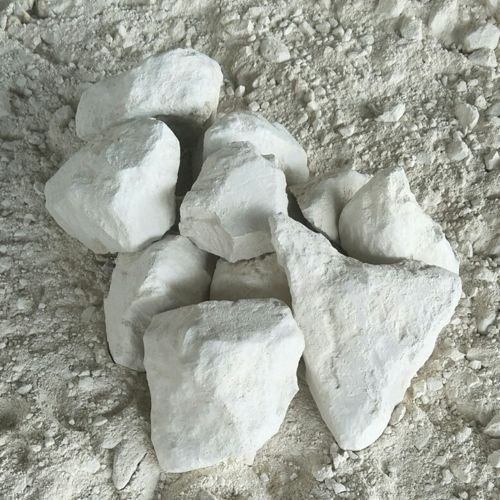
But, do you know ball clay is one of the most rarely found minerals globally?
This is because of the extraordinary mix of geological conditions required for its production and subsequent preservation. This makes the high-quality ball clays quite scarce. The characteristics of various deposits can vary greatly, and they might not be appropriate for use in every application. We at Aryan Tiles mine our ball clay from the Bikaner districts of Rajasthan, which has some of the biggest reserves in India.
Ball Clays have extremely diverse mineral compositions and are mostly composed of the minerals kaolinite, mica, and quartz (from 20-80% kaolinite, 10-25% mica, and 6-65% quartz) but the major constituent of ball clay is Kaolin. Each of these minerals gives the ball clay a unique set of qualities.
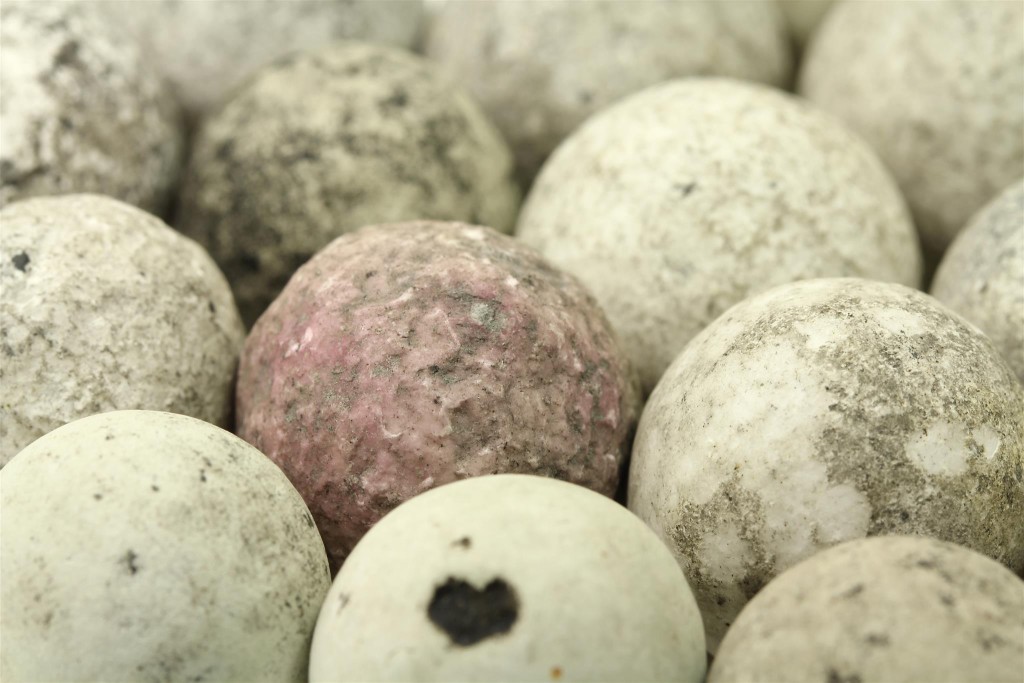
Physical Properties of Ball Clay:
- Water absorption after Firing: Around 10%
- Ph value: From 6 to 8
- % of Dry Shrinkage : 3 to 4 %
- % of fired shrinkage: 4% to 6%
- Residue on 40 mesh : 1% to 3%
- The casting rate is comparatively low when compared to china clay in slip conditions with the same fluidity, viscosity, and density.
- Drying time is slow compared to china clay.
- Ball clay should never be tested for color in the concentrated state since its density, and adsorbed salts give color intensities that are misleading.
Ball Clay & Ceramic Industries:
Ball clays are majorly used in the ceramic industry and across all three main categories of ceramic whiteware—sanitaryware, wall and floor tiles, and tableware. It is the major raw ingredient for ceramics but it is rarely used alone. Kaolin (china clay), silica sand, and a flux—a material like a feldspar that lowers the melting point of the other ingredients—are other components of ceramic whiteware.
The amount of ball clay used is based on the end product; Ball clay may make up a small amount of the overall raw materials utilized, yet it can be a crucial component in a particular ceramic product.
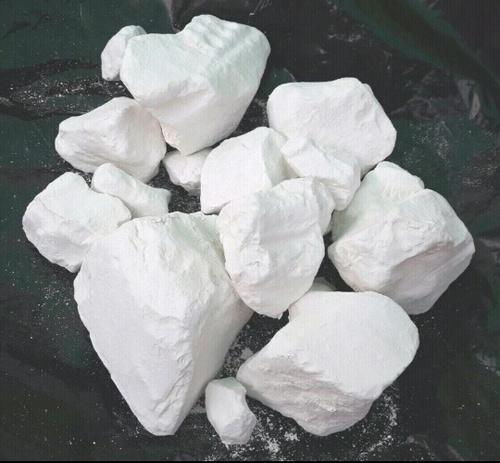
Benefits of using Ball Clay for Your Ceramics Products:
The raw material for your ceramic products when mixed with ball clay will have outstanding plasticity, strength, and enhanced workability, are easy to mould, and have higher strength when unfired.
Our immense experience of offering high-grade ball clay to our ceramic manufacturers has helped us to understand how ball clay impacts ceramic products. Here is a compiled list of the top 5 benefits of ball clay when used in ceramic industries.
Controlled Casting: Ball clays are generally used in manufacturing processes to regulate the casting and plastic properties of the ceramic body and to give better cohesion and workability. They are prized for their fluid and casting qualities, which are critical for slip casting, particularly in the production of sanitaryware. Ball clay is required for molding the finished items in sanitaryware.
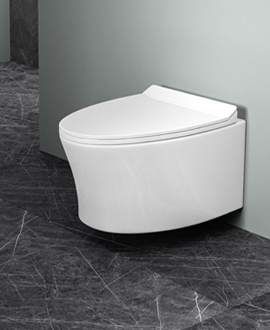
Finer Particles: Ball clays have finer grains than Kaolin particles. This adds great flexibility and gives the product high green strength for handling at the green stage. They take a long time to dry because of the tiny particle size, which also renders them water-impermeable.
High Plasticity: Ball clay gives a high degree of plasticity when it is combined with kaolin, feldspar, and quartz in the manufacturing of crockery and wall and floor tiles. Body plasticity can be changed by adjusting the ball clay & kaolin mixture without appreciably changing the maturation temperature.
High Unfired Strength: Ball clay serves as a binding agent and adds to the ceramic body's plasticity, and workability, and delivers enhanced strength in the pre-fired condition.
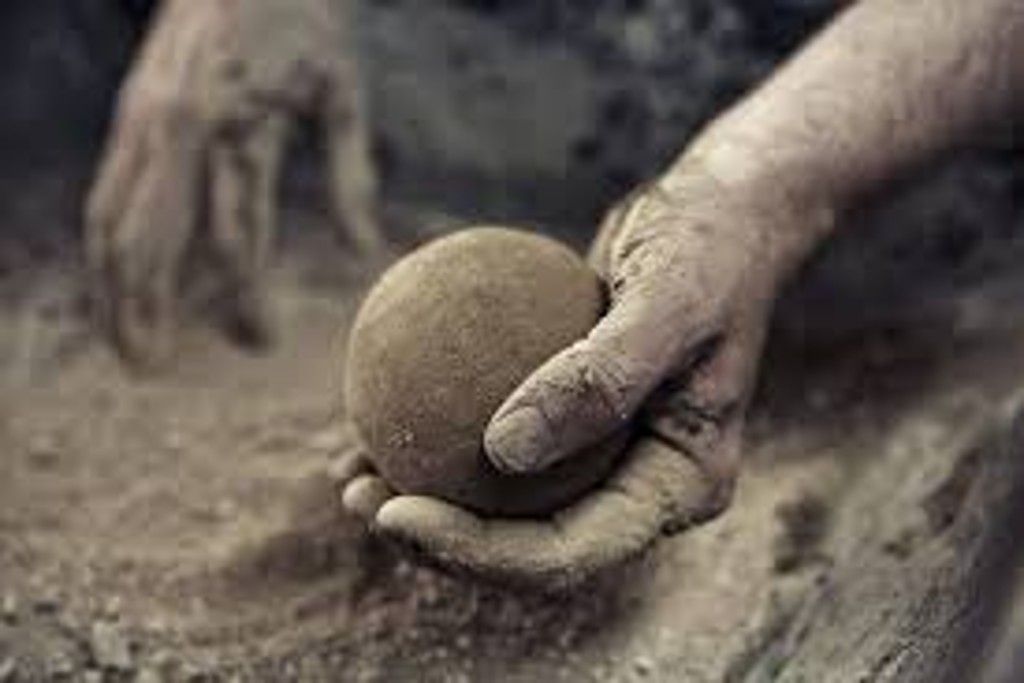
Enhanced Finishing: Ball clay guarantees a flawless finish as it provides the ceramic component with the necessary adhesion to fully cover the body with high efficiency.
Improved Workability: When heated, kaolin is fragile, if it is used by itself. It has to be combined with ball clay to create a more workable, pliable raw material for better-performing products.
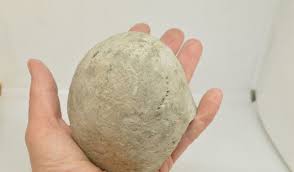
The purity of ball clay minerals and levels of crystallinity (degree of structural perfection) can significantly affect how well the end ceramic products perform. With our years of experience & advanced technology, we have been able to offer ball clay with minimum impurities for various ceramic applications. We are available 24*7 to assist you with solutions at every step of your buying journey.
Wondering where to begin?


 Address:
H42C & H43F, RIICO Industrial Area, Chirawa, Rajasthan 333026
Address:
H42C & H43F, RIICO Industrial Area, Chirawa, Rajasthan 333026 +91 637 797 0211
+91 637 797 0211